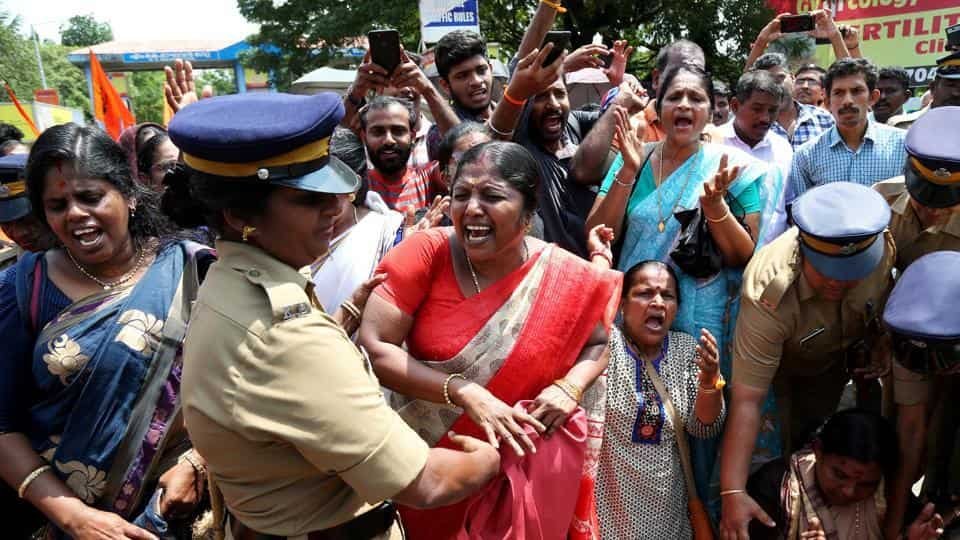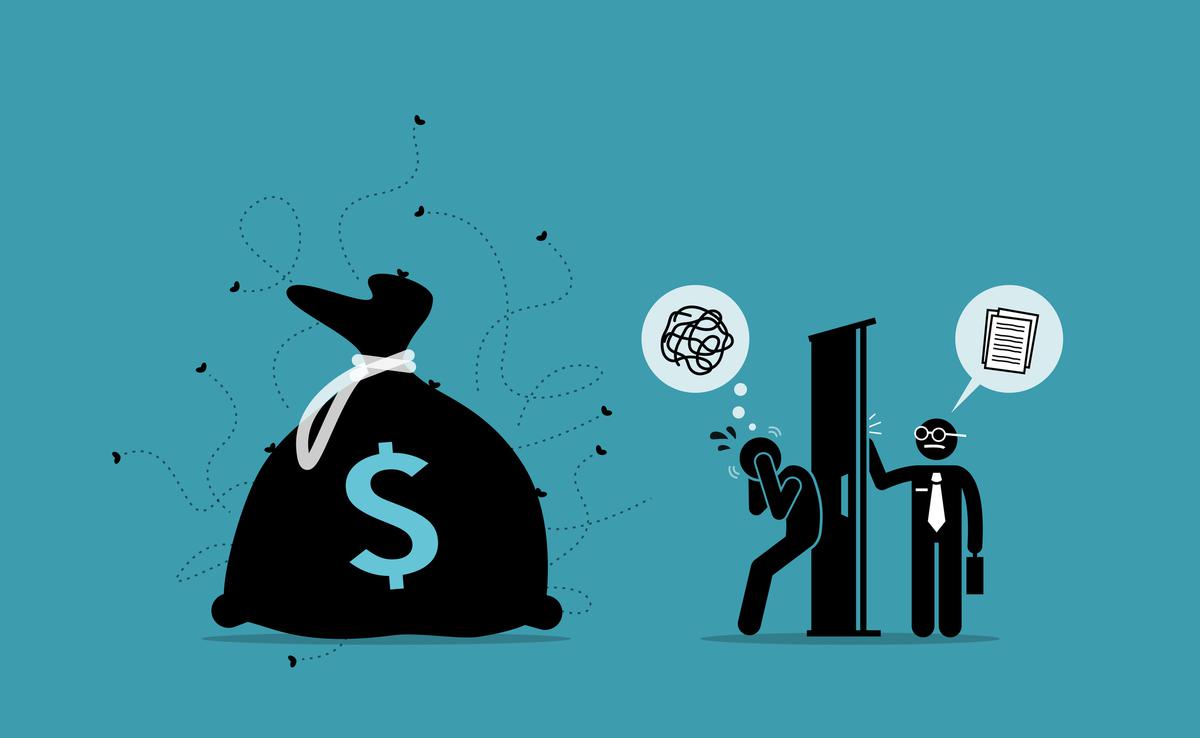In modern discourse, the phrase “public stripping society” is often used as a critique of social trends that gradually strip individuals of their privacy, dignity, or identity in public spaces. It does not necessarily refer to physical stripping, but rather to the way societies expose, scrutinize, and judge people in ways that can feel intrusive or humiliating.
The Rise of Public Exposure
With the growth of digital platforms and constant surveillance, societies across the world have increasingly normalized the idea of public exposure. From CCTV cameras on every street corner to the culture of oversharing on social media, individuals are constantly under watch. This creates an environment where people’s private lives are often “stripped” bare for the consumption of others, leading to a loss of personal space and autonomy.
Cultural and Social Dimensions
In some societies, the concept also highlights the pressures of conforming to rigid cultural or social norms. Individuals who deviate from accepted behavior, fashion, or lifestyle may be subjected to public shaming, harassment, or criticism. This metaphorical stripping removes their sense of belonging and dignity, exposing them to collective judgment.
At its most extreme, this can be seen in practices where individuals are humiliated in public for moral, religious, or political reasons. Such acts are deeply damaging, as they reinforce power imbalances and perpetuate fear among communities.

Psychological Implications
Living in a public stripping society can have significant effects on mental health. Constant scrutiny leads to anxiety, self-doubt, and even depression. People may feel pressured to present a “perfect” version of themselves to avoid criticism, thereby losing authenticity. The fear of being judged or “exposed” restricts individuality and free expression.
Moving Toward a Respectful Society
To counter these issues, societies must focus on building cultures rooted in respect, empathy, and privacy. Safeguarding digital data, discouraging online bullying, and protecting people from public shaming are critical steps. Additionally, education about personal boundaries and human dignity can help foster healthier interactions in both physical and digital public spaces.
The term “public stripping society” symbolizes a world where individuals are vulnerable to exposure and judgment in ways that undermine their freedom and dignity. While visibility and accountability are important in a community, they should never come at the cost of human respect. A more compassionate approach is needed to ensure that people are not stripped of their privacy and individuality in the name of societal norms or digital visibility.
![]()





